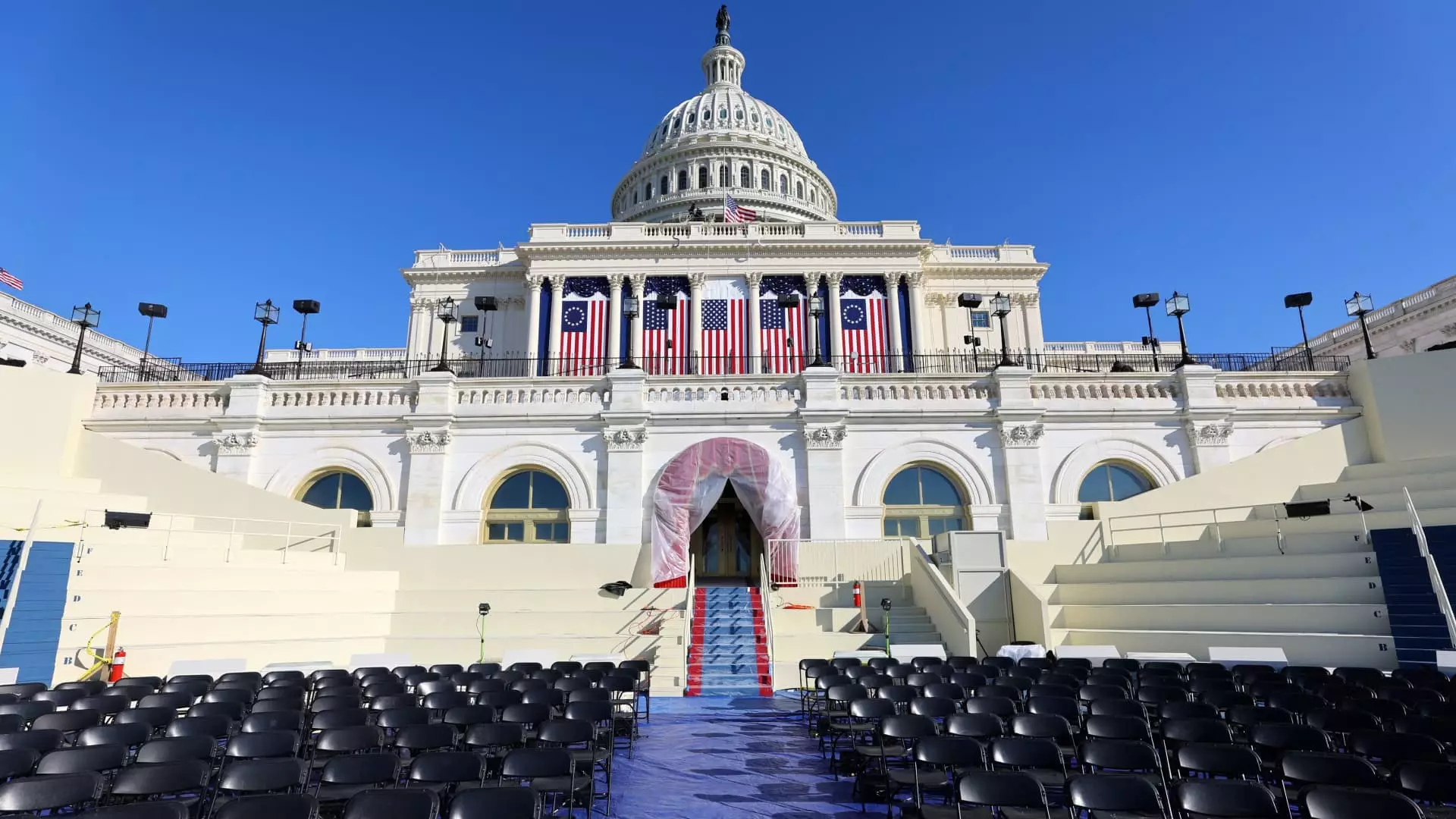In an era where political integrity is under the microscope, Senate Democrats are advocating for increased transparency regarding presidential inaugural committees. As the transition period ushers in a new administration, a substantial influx of financial support from corporations and wealthy individuals raises critical questions about the allocation and implications of these funds. Senator Catherine Cortez Masto of Nevada is at the forefront of this initiative, emphasizing that the public deserves clarity on the sources and use of contributions designed to laud the incoming president.
Cortez Masto’s recent proposal aims to reinforce oversight mechanisms that are currently lacking. Her legislation seeks to mandate that inaugural committees disclose detailed financial records. By requiring committees to record the names and addresses of donors who contribute $200 or more, alongside the intended purpose of expenditures, this initiative attempts to establish pathways for accountability. The fact that there are no existing laws governing how these funds can be used for “personal enrichment” is a glaring gap in the current system, raising concerns about potential misuse or cronyism.
Presidential inaugural committees, typically tasked with orchestrating celebration events such as balls and luncheons, operate with minimal constraints regarding donor contributions. Unlike political action committees (PACs), inaugural committees are not bound by strict financial caps, allowing for unchecked funding influxes. Reports suggest that the latest inaugural committee led by Donald Trump is expected to collect around $200 million, a staggering sum that reflects the growing trend of corporate interests aligning with political figures during periods of transition.
An essential component of Cortez Masto’s proposed legislation is the stipulation that any unspent funds must be donated to a registered 501(c)(3) charity within a designated period following the inauguration. This provision not only reinforces the ethical use of these funds but also serves as a reminder that inaugural celebrations should enhance public interest rather than serve as a reservoir for private profits.
Despite previous attempts to promote transparency with the Inaugural Committee Transparency Act, significant hurdles remain. The legislation has been reintroduced repeatedly since 2017 following Trump’s first inauguration, which set a precedent for setting lofty fundraising records. Even now, as the second inauguration approaches, the lack of a binding framework for disclosure raises alarms about the overall integrity of the process.
The reality is that the increasing polarization of politics, especially evident in Trump’s ascendance to power, complicates perceptions of these large donations. As high-profile CEOs and corporations vie for influence with the incoming administration, the question of whether these contributions are genuinely altruistic or primarily motivated by self-interest remains a pressing issue.
The conversation surrounding the financial machinations of presidential inaugural committees is not merely academic; it profoundly impacts public perception of governance. For a functioning democracy, the pathway must lead toward ensuring that all political financing is conducted with transparency and accountability. Cortez Masto and her fellow senators’ efforts are, therefore, not just legislative proposals but vital steps in fostering public trust in an evolving political climate.
As the nation looks towards the future, it is imperative to support initiatives that demand clarity in political financing, ensuring that representatives in Washington operate with integrity and in the best interests of their constituents.

Leave a Reply